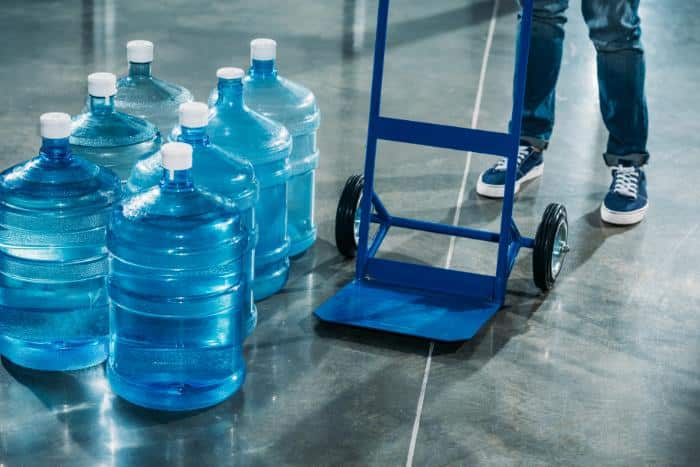What are the benefits of drinking quality water for athletic performance?
Water is an important part of the body, which maintains blood volume and regulates body temperature. It is also involved in muscle contractions and perspiration. It keeps you hydrated and helps prevent heat stress in athletes.
(Looking for “Dependable Water Services“? Contact us today!)

Hydration needs vary from person to person. Athletes need to pay particular attention to their fluid intake before, during, and after exercise.
The amount of water you need depends on several factors, such as your body weight and the type of exercise you are performing. For example, endurance-oriented sports require more frequent water intakes than less intense ones.
Weigh yourself before and after each workout to measure your water loss. A 2% drop in your body weight can result in decreased athletic performance if you don’t replenish it with water (see “Repair Your Hydration” below).
Drink 8-12 ounces of water 15 minutes before exercise and 5-10 ounces every 10-15 minutes during prolonged activity. You can also add a noncaffeinated carbohydrate-electrolyte beverage to replace your fluid losses during long or extreme training sessions and competitions.
For athletes who are competing in hot or humid conditions, it is especially important to keep hydrated to prevent dehydration. They need to consume more water than normal, as their fluid losses increase through sweating.
It is also a good idea to avoid caffeine and other stimulants, as they may increase the risk of dehydration. They can also cause nervousness/jitteriness, cramps, headaches and seizures.
Using sports drinks is a common strategy for replacing fluids, but they can also have other side effects, such as increased heart rate and elevated blood pressure. They can also contain artificial colors and calories that are not suited to your diet.
In addition, many of these drinks can cause a dangerous condition called hyponatremia, in which the levels of sodium in the blood become too diluted and can lead to dizziness, nausea and vomiting. This can occur in people who are elderly, have chronic kidney disease or live with liver problems.
Another benefit of drinking quality water is that it helps the body flush toxins and other wastes through urination, breathing and perspiration. This process is a vital way that the body removes toxic substances and waste products, so it is essential to maintain adequate levels of water intake to support this important process.
The National Academy of Sports Medicine advises that athletes should consume at least two liters of water each day, and the more fluids they drink, the better. It is a good idea to check with your doctor about how much water to consume before, during and after a specific activity or event.

